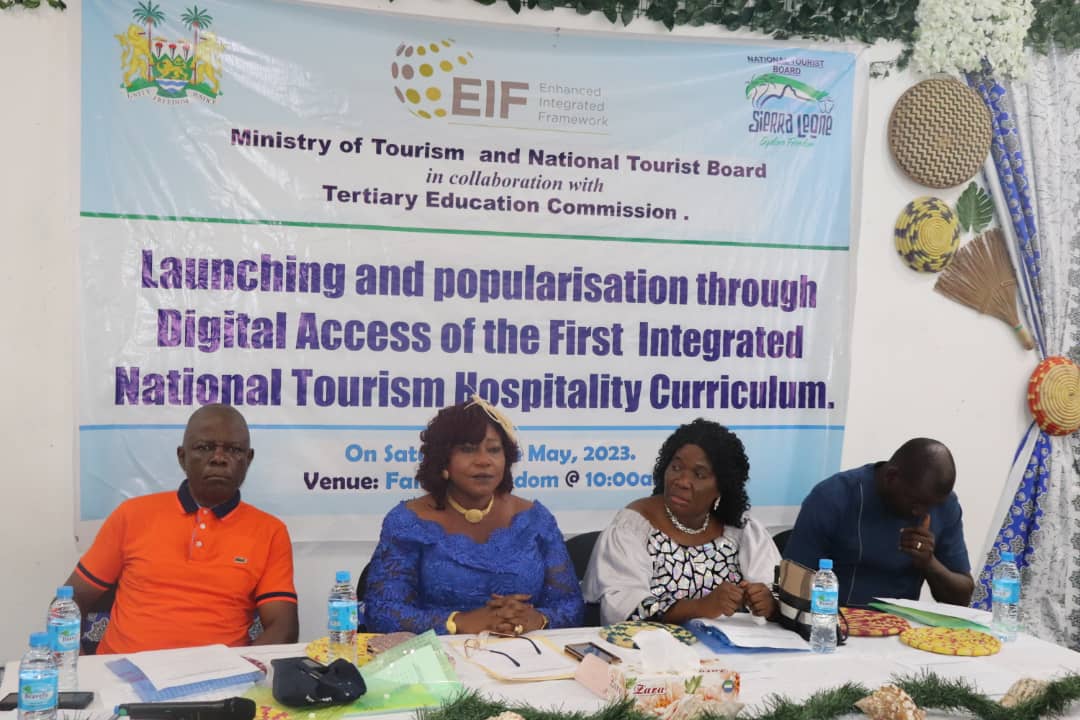The Ministry of Tourism and Cultural Affairs (MTCA) and the National Tourist Board (NTB) in collaboration with the Tertiary Education Commission with support from the Enhanced Integrated Framework (EIF) have launched and popularised through Digital Access the first ever Integrated National Tourism Hospitality curriculum for Higher National Diploma (HND), Ordinary National Diploma (OND) and Certificate in Tourism and Hospitality (CTH) and the curriculum for Bachelor of Social Science (BSC) in Tourism and Hospitality Management.
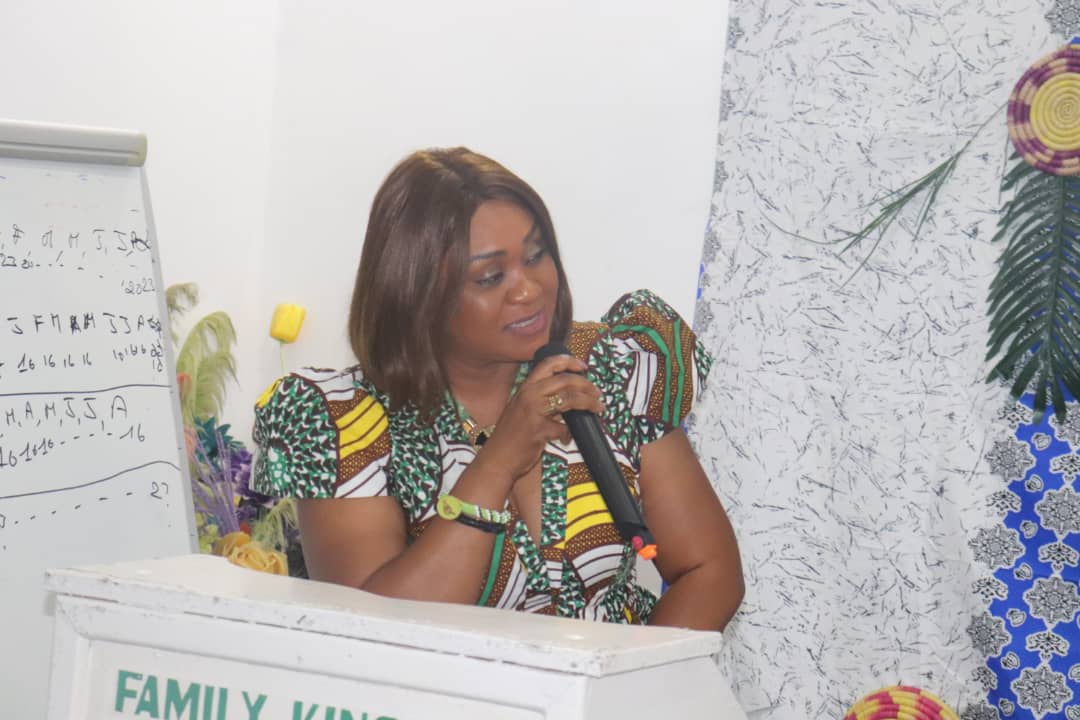
Giving an insight of the Sustainable Tourism Development and Promotion Project (STDPP) of the EIF’s Tier 2 project, the General Manager of the NTB who also chaired the program, Fatmata Hamid Carew explained that the EIF is a multi-agency, multi-donor Aid for Trade partnership in action for Least Developed Countries (LDCs) to be more active players in the global trading system and works towards a wider goal of promoting economic growth and sustainable development, thus lifting more people out of poverty. She continued that the development initiative of the EIF’s STDPP project covers sector governance, product development, marketing and capacity building.
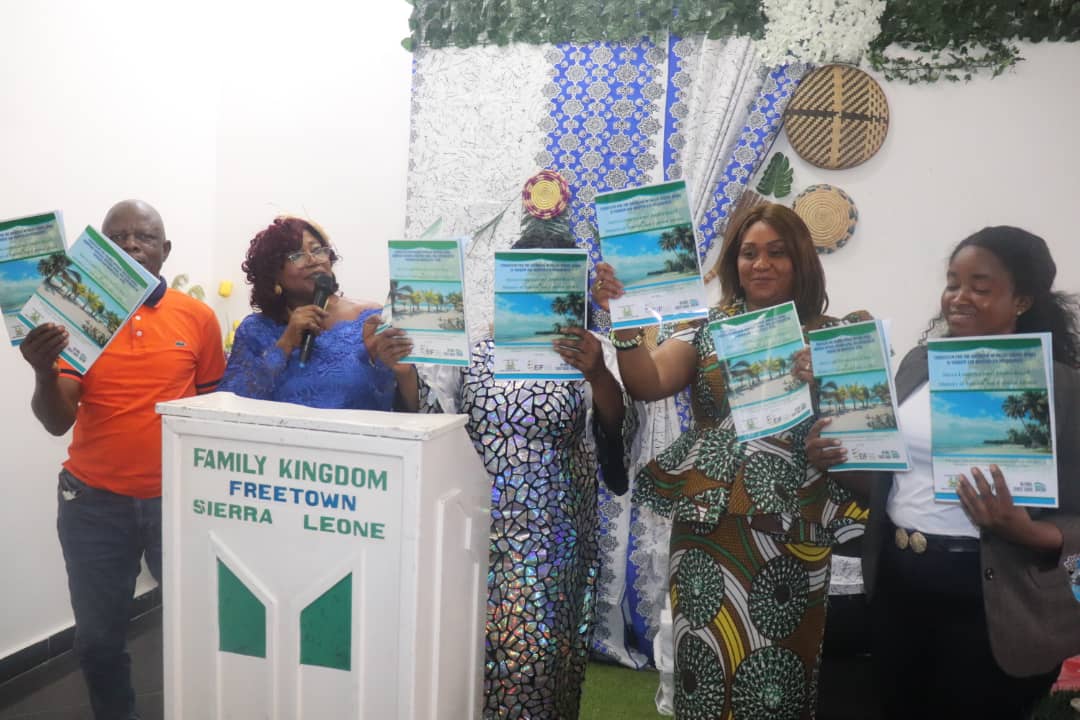
Madam Carew said it was due to tourism and hospitality sector inadequate and lack of professionally educated staff that led to the Tourism Training National Assessment (TTNA) that exposed gaps in the tourism curriculum and the current tourism training curriculum was fatally flawed and incurably defective which created the need for the introduction of an industry based national integrated curriculum for HND, ND, Certificate in Tourism, Hotel and Hospitality Management as well as a Degree in Bachelors of Social Science in Tourism and Hospitality Management that would cater for the needs of the sector. She disclosed that plans are on the way to develop a tourism app that would contain all the relevant modules pursuant to the new national integrated curriculum.
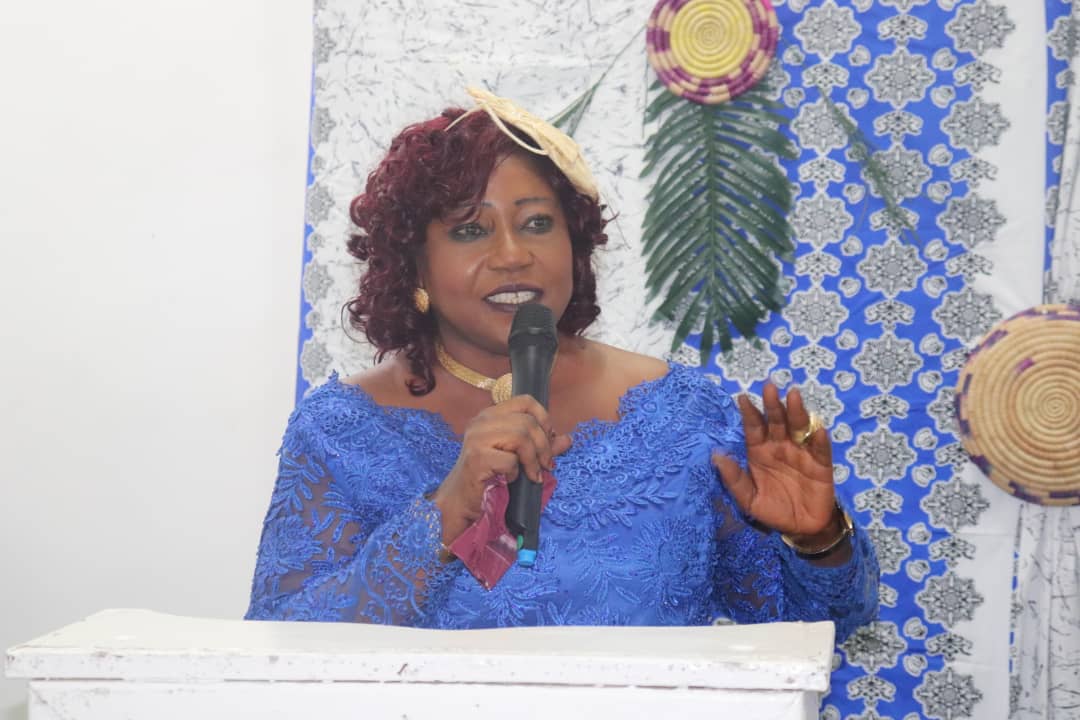
Lunching the curriculum, the Minister of Tourism and Cultural Affairs, Dr. Memunatu Pratt prefaced her statement with a show of appreciation to President Bio for choosing Human Capital Development as his flagship project under the New Direction Manifesto, saying that the launching of the tourism curriculum was a fulfilment of the President’s aspirations through the Tourism Ministry. She mentioned that in changing the defeatist mentality of those in the sector, they are creating a conducive learning environment backed by sound policies that are people centred with a view of leaving no one behind. And that the successful implementation of the National Tourism Needs Assessment Plan triggered the development of the National Tourism Capacity Building Action Plan which is a bi-product of the Integrated Tourism and Hospitality Management curriculum that will serve as an approved reference guide for the delivery and development of courses in tourism and hospitality at national level.

She maintained that the curriculum is a harmonious blend between hospitality and tourism with the addition of specialized business and management skills designed to prepare students for a career in one of the most dynamic and fastest growing sectors. She added that the curriculum will also strike a balance between theory and practice, giving intending students a deep understanding and develops a wide range of Hospitality and Tourism skills that may be utilised in both managerial and entrepreneurial roles. She thanked the Ministry of Technical and Higher Education and the Tertiary Education Commission for their tremendous support in providing the necessary guidance at every stage of the project and also the Consultant for providing a detailed review of the manuscript.
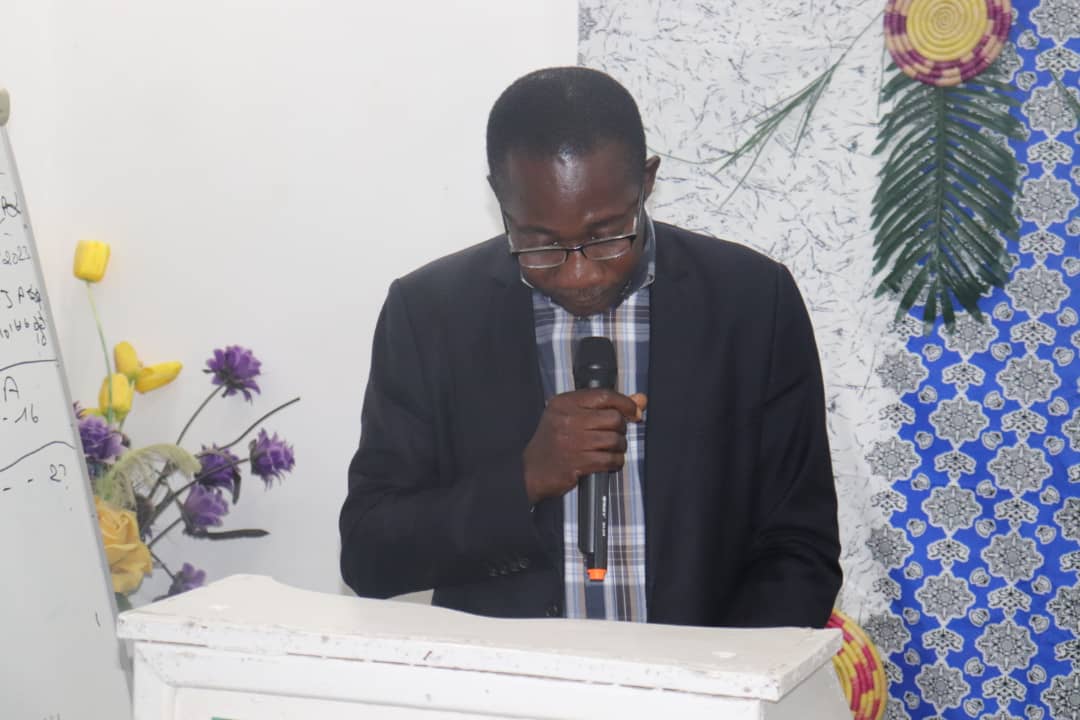
The Consultant, Bisolu S. H. Betts in his presentation of the background and methodology of the curriculum said the study approach used was based on conventional needs assessment of demand and supply of user that supports a vibrant tourism sector. The Chairman, NTB, Allieu Kokobay, representatives from the Ministry of Technical and Higher Education, Tertiary Education Commission and Milton Margai Technical University made significant inputs towards the launch of the curriculum.

The Minister distributed the curriculum to Tertiary institutions across the country including Fourah Bay college, Milton Margai Technical University, Njala university, Limkokwing University and other technical, vocational institutions.

